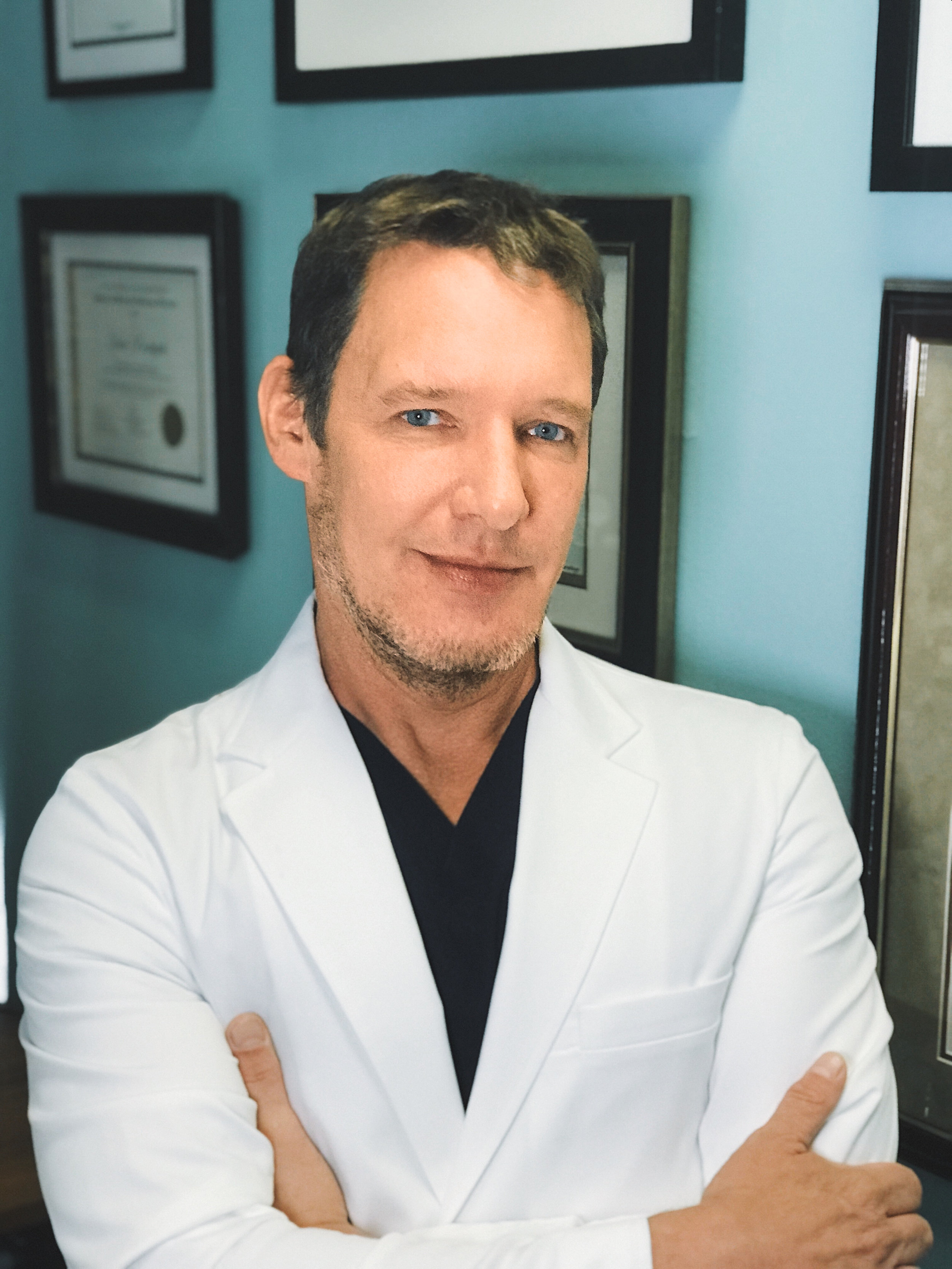The year-end holidays may have looked a little different in 2020, but it is still a time when many of us embrace the chance to eat, drink, and make merry. Wonderful though it is to celebrate with friends and family, indulging in food and drink that we might not normally reach for can have a heavy effect on our digestive systems, leaving us feeling constipated or bloated.
It is no surprise that many people start the New Year curious about a detox to get their bodies feeling good again. But there is a lot of misinformation out there about how to detox your colon and what it will do for your body, especially when it comes to colon cleanses. So, I want to use this opportunity to explain how to safely cleanse your colon.
What is colon cleansing?
Your colon (or large intestine) is part of your digestive system and generally does its job of removing waste from your body effectively. But at times our colons become backed-up, leading to constipation, discomfort, and bloating. This often occurs when we have changed our diets or have been eating a lot of processed foods.
A colon cleanse aims to clear the large intestine of waste to relieve the discomfort and allow it to do its job properly again. Some people also claim that colon cleanses help to clear the body of toxins, but there is no evidence yet that this is the case. It also shouldn’t be used as a way to lose weight.
However, a 2016 study looking at the effectiveness of colon cleanses in relieving digestive issues in patients with irritable bowel syndrome (IBS) found that they did indeed reduce abdominal pain, constipation, and diarrhea.
You may also be asked to do a colon cleanse if you are due for a colonoscopy – this helps clear your bowel so that your doctor can see more clearly and identify any issues during the investigation.
How do you cleanse your colon?
1. Diet and lifestyle
Before you reach for any of the over-the-counter colon cleanses available, it is best to try making changes to your diet and lifestyle to detox your colon naturally. There are plenty of gut-friendly diet plans out there to guide you. The basic principles include:
Eating plenty of high-fiber foods, such as vegetables, legumes, fruits, and whole-grains.
Drinking plenty of water – at least 2 liters a day.
Taking a probiotic to encourage beneficial gut bacteria.
Taking a vitamin C supplement – a 2015 study found that vitamin C was an effective way to cleanse the colon.
Daily exercise – even gentle physical activities, such as walking or the slow body movements of Yoga or Qigong, are thought to be effective in tackling constipation.
Avoiding processed foods, which are associated with a higher risk of digestive issues.
2. Juices and smoothies
You may also see juice cleanses or detoxing smoothies recommended to treat digestive issues and there’s some evidence to suggest that incorporating them into a healthy diet can help cleanse the colon. Studies have found that adding orange juice or pineapple juice to bowel cleansing liquids improved the efficiency of the regime.
There is some concern though with juice or smoothie cleanses – when taken to extremes, they can cause side effects such as dizziness, nausea, or diarrhea. Juicing also removes most of the beneficial fiber, so eating whole fruits and vegetables will usually be more beneficial. So adding juices and smoothies as part of a healthy diet might help to improve your digestive health, but should not become a replacement for meals.
3. Speak to a doctor
If you are considering a juice cleanse, speak to a doctor first. The same goes for using any over-the-counter cleanses – if you have tried a healthy diet and are still experiencing digestive issues, it is best to speak to a doctor who specializes in internal medicine before attempting other home remedies.
On occasion, persistent digestive problems such as constipation, pain, or bloating can be an early symptom of colon cancer. Catching it early makes treatment much easier, so making an appointment to speak to a professional is the best approach for ongoing digestive issues.
Your doctor will be able to check that there are no underlying causes for concern and might be able to recommend colon cleansing treatments such as colonic hydrotherapy (also known as colonic irrigation), which uses water to flush the waste out of your colon.
Dr. Dale Prokupek, MD
